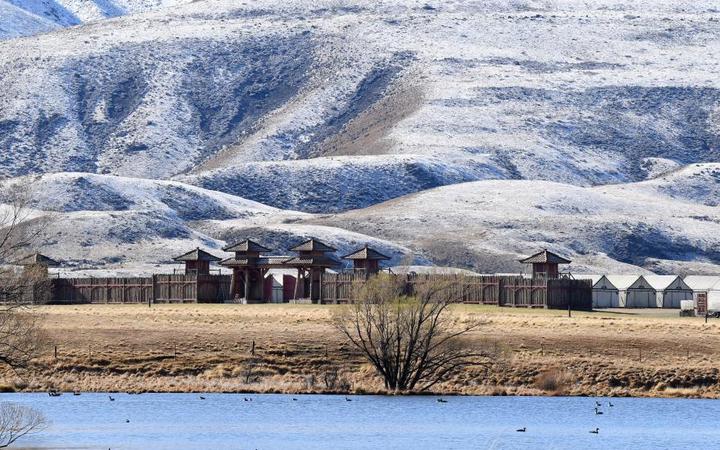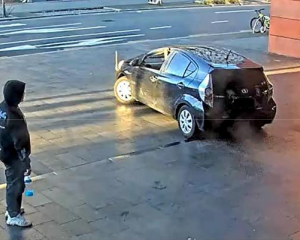
Weta Digital executive producer David Conley said the company was trying to buy some equipment from Wuhan.
"We were just hearing whispers from concerned crew about family members in China, there was this mysterious illness, that's all we knew.
"And then when we started trying to purchase some substantial hardware, there started to be these delays."
Weta Digital started getting more reports from colleagues around the world and began its own pandemic planning, initially as more of a theoretical exercise.
But theory had to be put into practice much faster than anticipated.
Weta Digital moved 1500 crew to work from home over just 72 hours, rather than a four-week time frame originally planned, and in the last two months managed to meet all its project deadlines, including finishing up Disney's Mulan last Friday and even score two new - as yet unannounced - projects.
Weta has been able to give its international customers the confidence and comfort that New Zealand can handle it, while competitors based in Los Angeles, London and Vancouver were under serious duress, Conley said.
That is something the wider film industry - which generates $3.3 billion a year - is banking on.
Leeann Watson from the Canterbury Employers' Chamber of Commerce said other industries benefit from accommodation to education.
There were more than 100 businesses in the region involved in the screen industry.
"The film industry has huge flow on impacts across accommodation and hospitality, and these are some of the sectors hurting right now.
"This would be a great opportunity to help some of those sectors seriously impacted, not just in the last six weeks but well and truly before that as we saw tourism numbers drop rapidly from about January this year."
Several regions have screen-related 'shovel-ready' infrastructure projects, including proposed studio developments in Christchurch, Queenstown, Auckland, Rotorua, Hawke's Bay and Hutt Valley currently under consideration by the Infrastructure Industry Reference Group for submission to government.
Film Commission chief executive Annabelle Sheehan said several global projects due to start in the next few months would bring $400 million into the country.
"If you can bring in projects that will bring in $400 million worth of spend then that's a great outcome because it's new money into the country. And if we grow the infrastructure, we can potentially double that, because we expand the infrastructure to meet the demand."
The Film Commission was also working with 47 local productions that had been running when lockdown occurred to get them back on track, Sheehan said.
The industry had worked collaboratively to produce new "safe screen" protocols to make film sets safe, greenlight local productions and pave the way for more international productions.













